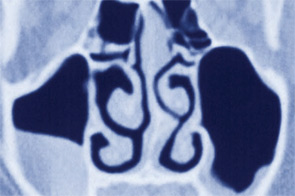Ronald A. Simon, MD, often illustrates a major food allergy misconception by showing a “Peanuts” cartoon of a bleary-eyed Snoopy lying atop his doghouse. “I think I’m allergic to morning,” Snoopy says.


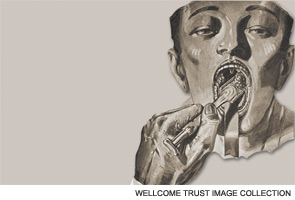
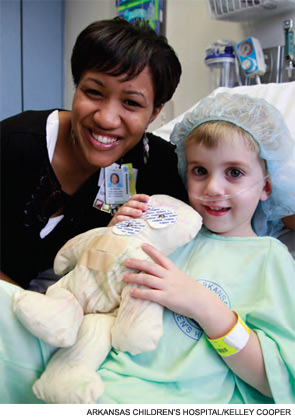
Seven-year-old Michael is scheduled to have a hemangioma removed from his face at the Arkansas Children’s Hospital (ACH) Ambulatory Surgery Center in Little Rock. The morning of surgery, he and his mother meet with child life specialists Cassandra C. James, MS, CCLS, and Camille Dante, MS, CCLS, who show him pictures of the operating room. They let him play with an anesthesia mask and a pulse oximeter, and talk about what to expect when he goes to sleep.
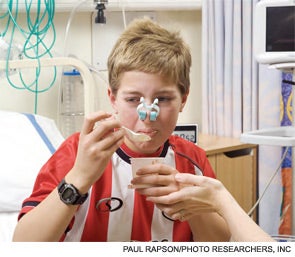
New ways of diagnosing food allergies are on the horizon, with allergy experts hoping that it might be possible one day for many patients to avoid the traditional food challenge test (FCT).
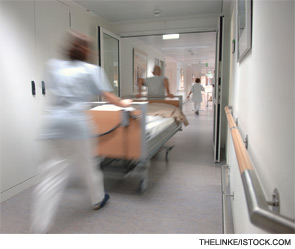
Pediatric ambulatory surgery centers are fast-paced, high-volume places with many of the ingredients that can contribute to safety concerns, a patient safety expert from Children’s National Medical Center (CNMC) said at the 2010 Annual Meeting of the American Academy of Otolaryngology-Head and Neck Surgery (AAO-HNS), held here Sept. 26-29.

With pediatric otolaryngology continuing to evolve, the American Society of Pediatric Otolaryngology (ASPO) is exploring subcertification in the field, saying it is specialized enough that it deserves recognition. The society has approached the American Board of Otolaryngology (ABOto) about the possibility and is working on defining the knowledge base that would be required for a physician to become subcertified as a pediatric otolaryngologist.
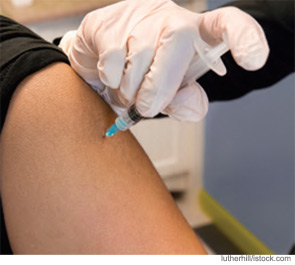
Optimism is growing that a new HPV vaccine will drastically decrease the number of cases of pediatric recurrent respiratory papillomatosis (RRP), a rare but devastating disease.

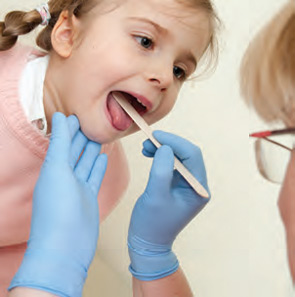
The title of this session at the Triological Society’s Combined Sections Meeting held here Feb. 4-7 asked a tough question: Why are otolaryngologists still talking about pediatric tonsillitis, otitis and sinusitis?
